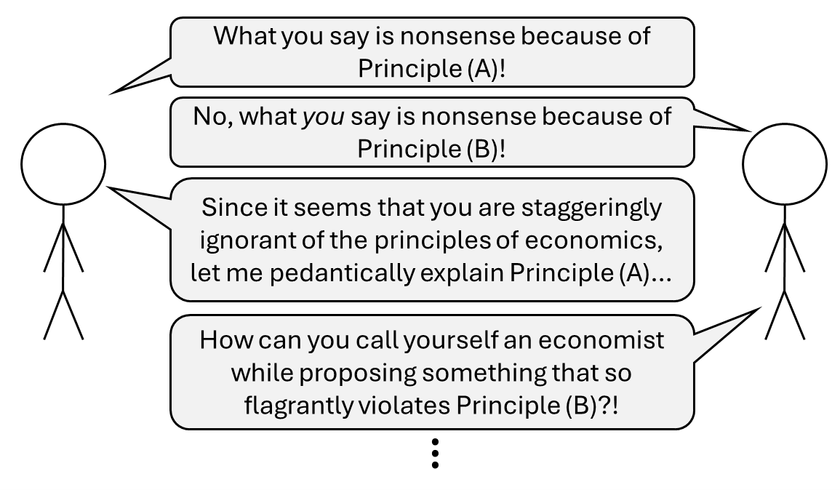All quotes, unless otherwise marked, are Tolkien's words as printed in The Letters of J.R.R.Tolkien: Revised and Expanded Edition. All emphases mine.
Machinery is Power is EvilWriting to his son Michael in the RAF:
[here is] the tragedy and despair of all machinery laid bare. Unlike art which is content to create a new secondary world in the mind, it attempts to actualize desire, and so to create power in this World; and that cannot really be done with any real satisfaction. Labour-saving machinery only creates endless and worse labour. And in addition to this fundamental disability of a creature, is added the Fall, which makes our devices not only fail of their desire but turn to new and horrible evil. So we come inevitably from Daedalus and Icarus to the Giant Bomber. It is not an advance in wisdom! This terrible truth, glimpsed long ago by Sam [...]
---
Outline:(00:17) Machinery is Power is Evil
(03:45) On Atomic Bombs
(04:17) On Magic and Machines
(07:06) Speed as the root of evil
(08:11) Altruism as the root of evil
(09:13) Sauron as metaphor for the evil of reformers and science
(10:32) On Language
(12:04) The straightjacket of Modern English
(15:56) Argent and Silver
(16:32) A Fallen World
(21:35) All stories are about the Fall
(22:08) On his mother
(22:50) Love, Marriage, and Sexuality
(24:42) Courtly Love
(27:00) Womens exceptional attunement
(28:27) Men are polygamous; Christian marriage is self-denial
(31:19) Sex as source of disorder
(32:02) Honesty is best
(33:02) On the Second World War
(33:06) On Hitler
(34:04) On aerial bombardment
(34:46) On British communist-sympathizers, and the U.S.A as Saruman
(35:52) Why he wrote the Legendarium
(35:56) To express his feelings about the first World War
(36:39) Because nobody else was writing the kinds of stories he wanted to read
(38:23) To give England an epic of its own
(39:51) To share a feeling of eucatastrophe
(41:46) Against IQ tests
(42:50) On Religion
(43:30) Two interpretations of Tom Bombadil
(43:35) Bombadil as Pacifist
(45:13) Bombadil as Scientist
(46:02) On Hobbies
(46:27) On Journeys
(48:02) On Torture
(48:59) Against Communism
(50:36) Against America
(51:11) Against Democracy
(51:35) On Money, Art, and Duty
(54:03) On Death
(55:02) On Childrens Literature
(55:55) In Reluctant Support of Universities
(56:46) Against being Photographed
---
First published: November 25th, 2024
Source: https://www.lesswrong.com/posts/jJ2p3E2qkXGRBbvnp/passages-i-highlighted-in-the-letters-of-j-r-r-tolkien ---
Narrated by
TYPE III AUDIO.

 Apple Podcasts and Spotify do not show images in the episode description. Try Pocket Casts, or another podcast app.
Apple Podcasts and Spotify do not show images in the episode description. Try Pocket Casts, or another podcast app.

 Apple Podc
Apple Podc